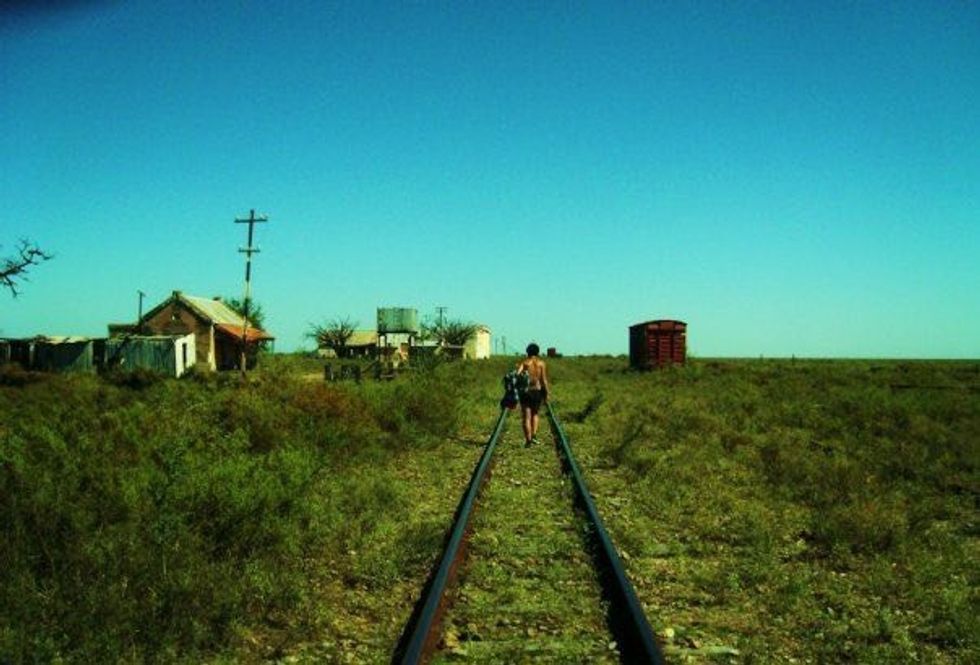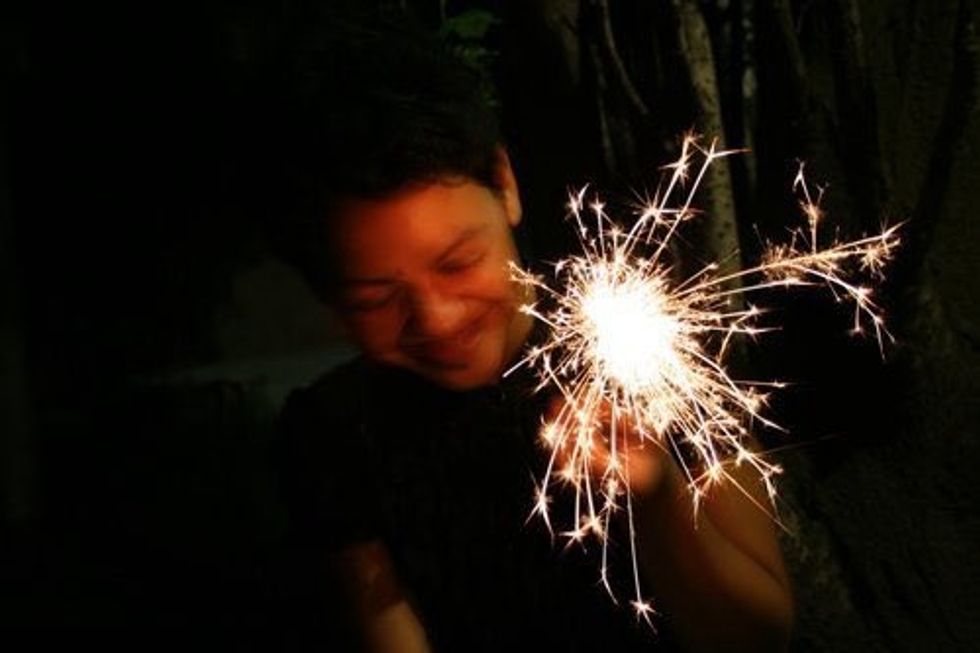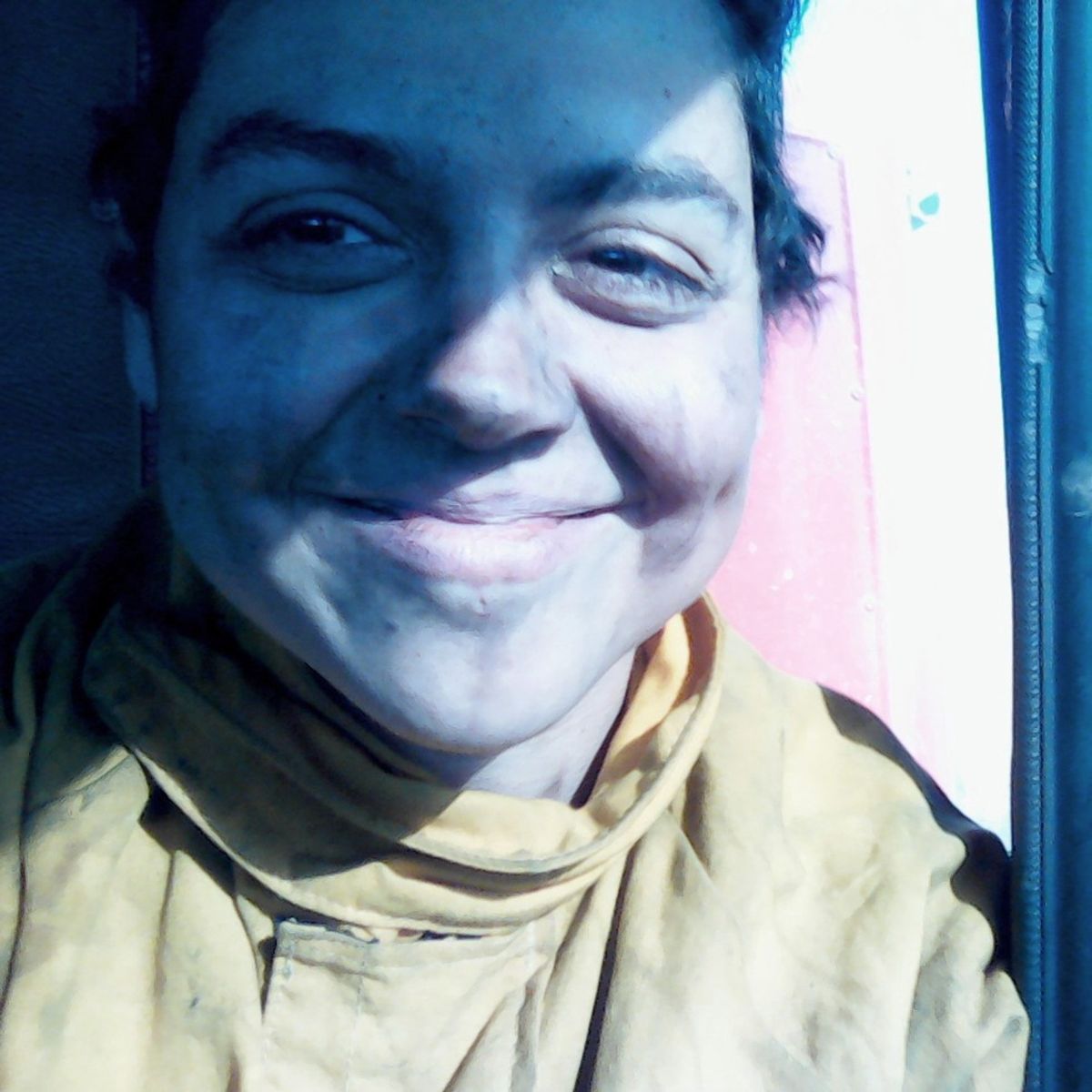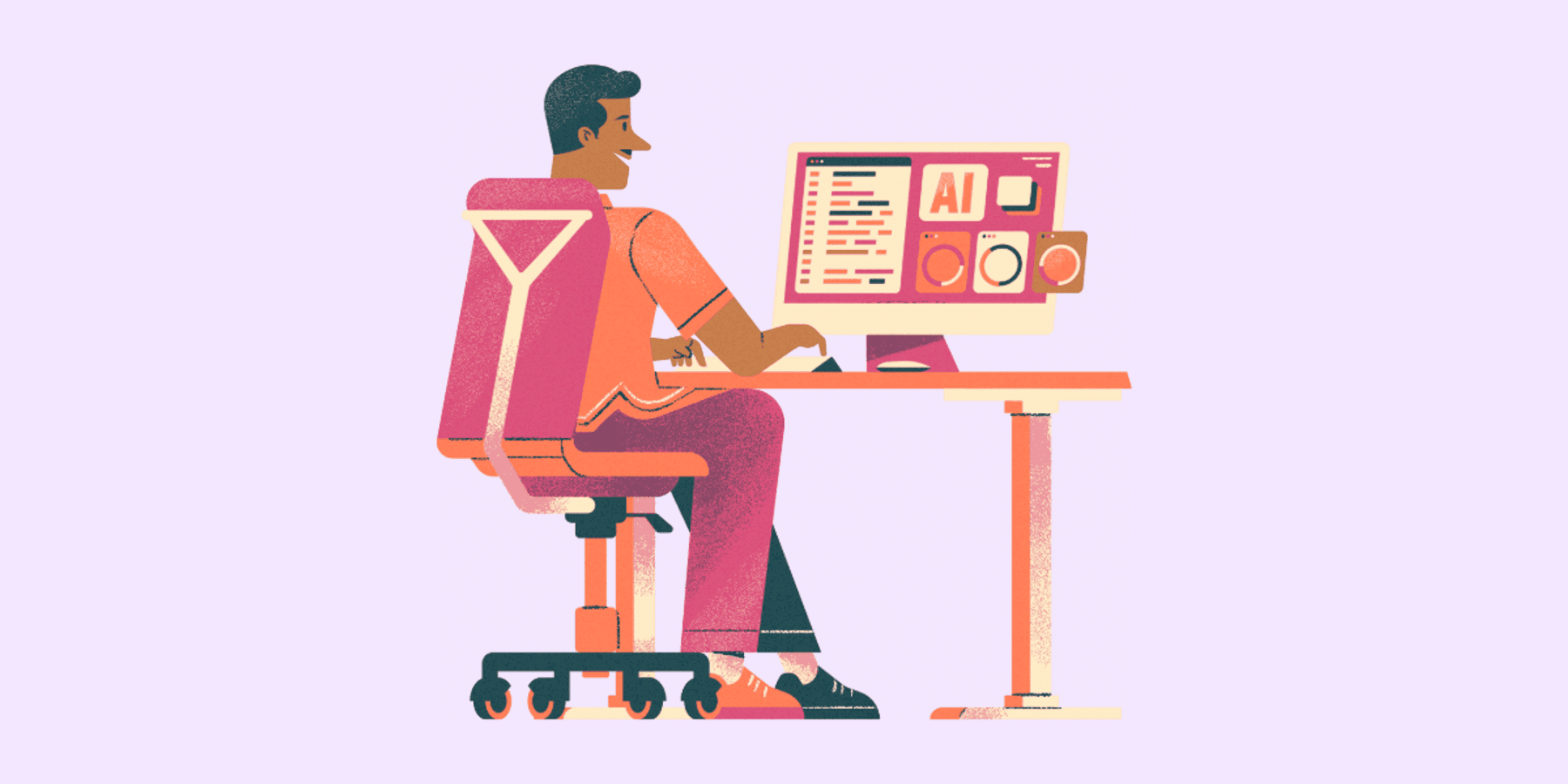What’s your experience been like working remotely for a year?
I worked remotely for a few years before coming to Hearst. It’s always very different depending on the project. I worked in small groups where everyone telecommuted, so being the only remote developer in a big on-site team has required adjusting my communication strategies.
Describe your typical work day.
There’s a two hour time difference between my co-workers and I, so I have time to go swimming every morning before logging in. My ideal daily structure is communication-development-communication, so I always try to begin my day answering questions and requests. I finish with an end-of-day report to the team. I’m more effective if I take a couple of brief exercise breaks during the day, so I generally stay logged in longer than eight hours. I go for a walk or run when I need clarity about something.
When did you develop an interest in coding and learn how to code?
My teenage cousin taught himself how to code when I was a child, and he introduced me to BASIC. I still remember my determination after he told me that alphabetizing things programmatically was for bigger kids, and I shouldn’t even try.
Did you know other female developers when you started?
No, but growing up I always had great female math and physics teachers. There was also Scully from The X Files, and my nerdy big sister. It felt like all of the cool girls were into science! I assumed that there would be lots of them. I was pretty surprised that women were only about 5% of my first algorithms class in college. Luckily, the number of female coders has picked up since then.

Do you have any strategies for staying efficient outside of an office? What tools do you use?
I use a big old cork board and sticky notes. I like tangible representations of the work to be done.
Biggest challenges and biggest rewards when it comes to working remotely? How did you overcome your challenges?
It’s easy to get lost in the abstract notion of a feature or ticket and lose perspective of what and who you’re working for in the end. It helped tremendously to visit Hearst’s New York headquarters, meet the team and get to know what everyone was working on. It gave me a much clearer picture of the team and project as a living, breathing unit with a simple objective to keep in mind when making decisions.
What is the biggest thing you’ve learned from others while working in a remote environment that is also global?
Effective remote functioning requires all parties to be proactive about communication. Your needs are much less visible to your teammates when you’re not sitting next to them, so if you need assignments or answers in order to continue, you have to be very explicit and even insistent about that.
Favorite song, book or article that you’ve read lately that got you excited about work?
I’m a big fan of Diablo II. The first act of the game introduces you to a sisterhood of rogue sorceresses that act as a base camp and source of knowledge and weapons for you, while you take over a map. Being part of PowerToFly feels a bit like that.

What’s one thing that people don’t know about developers or women who like to code?
The creative nature of coding doesn’t always come across to people outside of our sphere. It’s seen as more of a structured, boring process than it actually is. It’s always a surprise when someone that seems more suited to creative disciplines, or anyone who is the slightest bit of a rebel, chooses tech. I took some filmmaking classes in college, in parallel to computer science, and it surprised me tremendously to find that I actually had more encouragement to experiment in my programming classes than in film school.
Please share one interesting observation about where you currently live and work that most people don’t know.
Recently, lots of very cool dinosaur fossils have been found in Argentina.
What’s your favorite way to spend your time after work or on the weekends?
I study religious anthropology. I also like to garden, roller skate and go out dancing.
What advice would you give other women interested in working remotely?
Structure the beginning and end of your work day routine with clear markers that can toggle a production mindset, like going in and out of an office building would. This helps because you don’t spend all your waking hours in working mode, which could make the quality of your work suffer. Stay physically active, call your inspiring friends, get some sun every day and ask all the questions you need — as many times as it takes.




